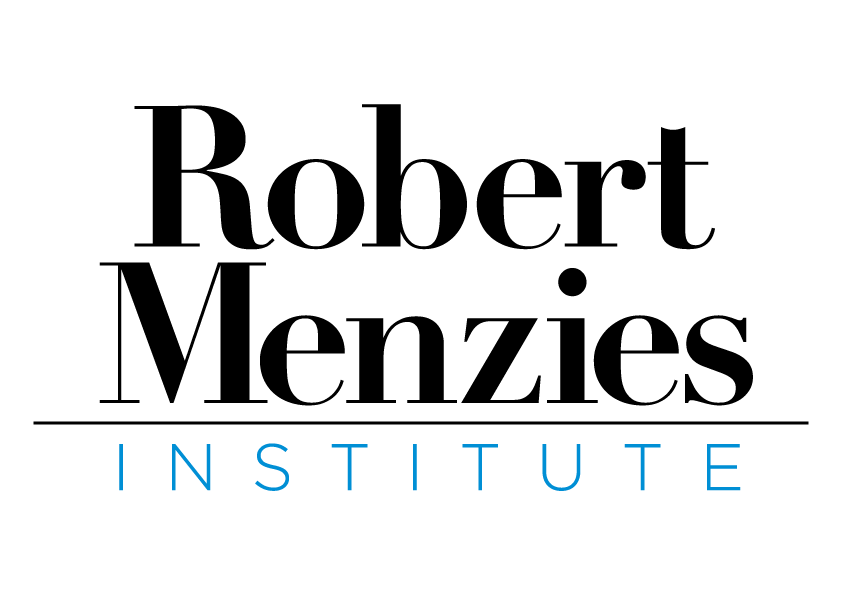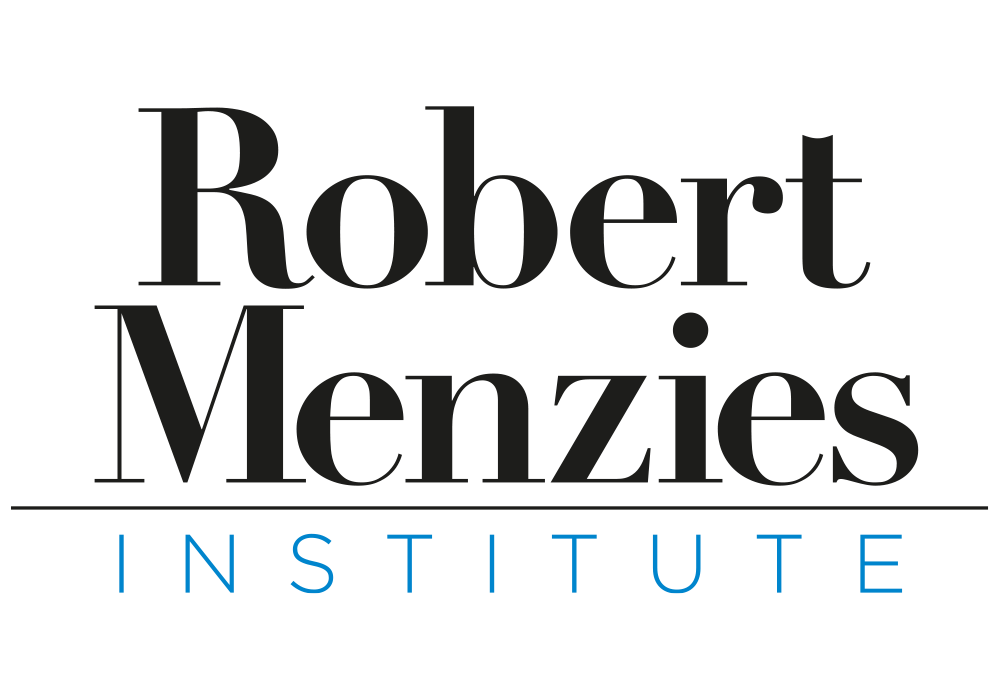David Furse-Roberts: ‘Divine Order in a Distracted Human World’, The Religious Underpinnings of Menzies’s Politics
Robert Menzies believed that Western democracy was built on the central Christian precept that every human being is equal in the sight of God. If we want to understand Menzies’s political beliefs and values, we therefore must get to grips with the profound influence of his Christian world-view. Though perhaps not outwardly devout, Menzies was an avid bible reader and internalised Christian teachings from an early age. A Presbyterian by denomination, his father served as a Methodist lay-preacher and his grandmother would make him write out bible verses as a form of punishment.
Menzies’s understanding of freedom, the central tenet of his liberal creed, was shaped by the natural rights tradition of thinkers like John Locke, who had argued for individual rights based on the premise than man was created by God and was still in a manifest sense His property. It was also shaped by the Christian idea that true freedom was the freedom to do good and therefore about responsibility and your obligations to your fellow man. Menzies’s famous Forgotten People speeches were deeply infused with Christian morality. They reflected Protestant social values like personal integrity, thrift, industry, domestic propriety and community service. They also spoke of ‘homes spiritual’, and a belief that ‘human nature is greatest when it combines dependence upon God with independence of man.’
Joining us to discuss his new book God and Menzies: The Faith that Shaped a Prime Minister and His Nation is Dr David-Furse Roberts. David is a Research Fellow at the Menzies Research Centre. He holds a PhD in history from the University of NSW and is the editor of Howard: The Art of Persuasion (2018) and Menzies: The Forgotten Speeches (2017). Since joining the MRC in 2016, he has written for Quadrant, Spectator Australia and other publications on the history and contemporary relevance of liberalism in Australia.


